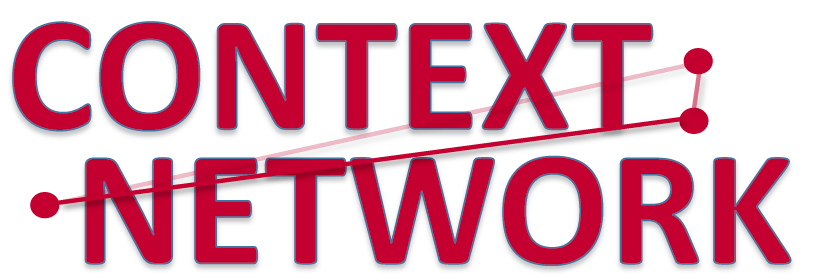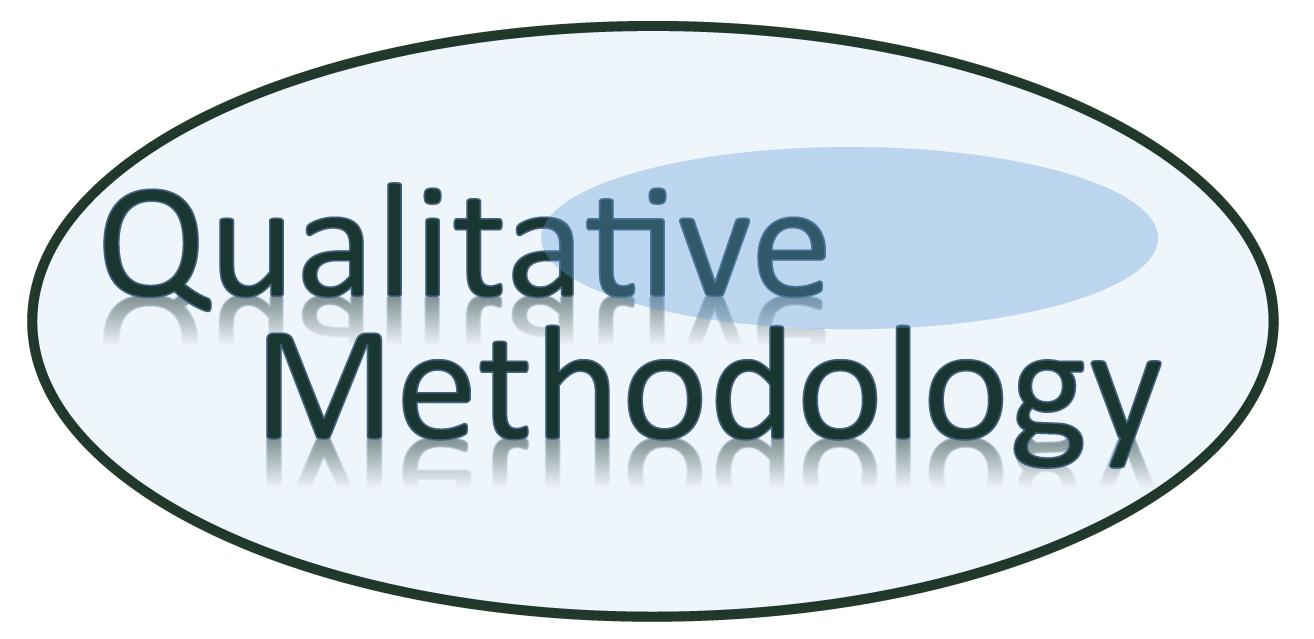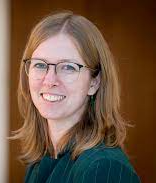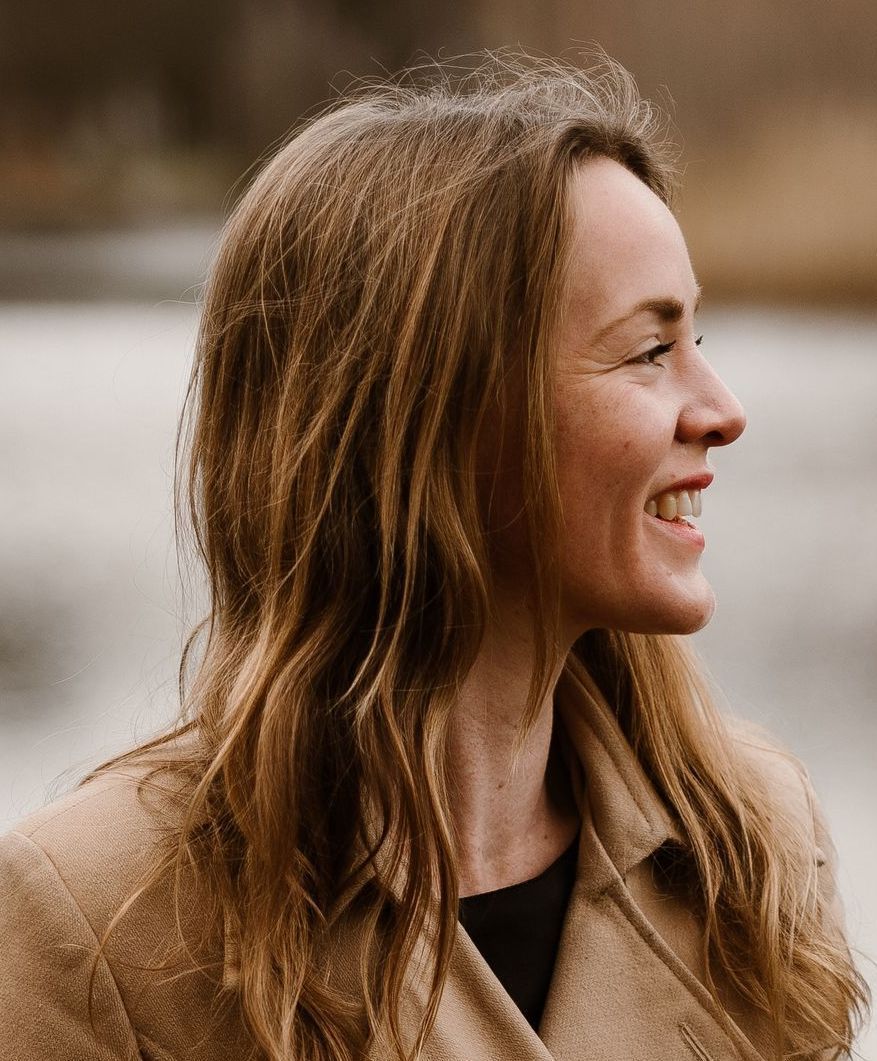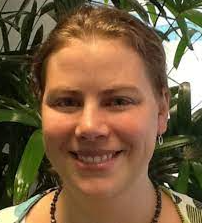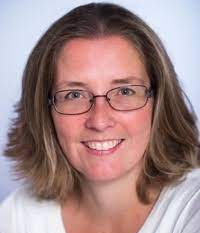Symposium Positionality in Qualitative Research
Thursday November 16th, 2-4 PM
Full program
14:00 Welcome
14:15 dr. Sabrina Dinmohamed (SCP)
You are more Dominican than a plantain”: about distance and proximity in ethnographic research
My research focused on the post-migration experiences, cultural practices and homemaking of Dominican immigrants in the Netherlands. Employing an ethnographic approach enabled me to gain a detailed and multi-perspective understanding of their practices, the meanings of these and the context in which they occurred. In this presentation I discuss how my prior knowledge about Dominican customs on the hand and not being part of the community on the other affected my research. More specifically, I will address the themes of access, my partial insider/outsider position and familiarity.
More info on Sabrina
14:45 Lisette van Beek Msc. (UU)
Between Art and Science - shifting positionality during an art-science collaboration on climate change
Art-science collaborations on climate change and sustainability are upcoming and highly diverse. Artists often work with different framings of climate change compared to climate scientists and draw upon aesthetic, ethical and affective forms of knowledge. As such, art-science collaborations on climate change have the potential to challenge existing assumptions, foster alternative ways of thinking and imagine radically different futures. In such an emergent and transdisciplinary process, it is not always clear what position researchers can or should to take. I will reflect on my own experience of initiating an art-science collaboration between two artists-in-residence and a climate modelling community, most notably the challenges it brought regarding my positionality.
More info on Lisette van Beek
15:05 dr. Laura Kapinga (RUG)
Positionality Meetings
Positionality meetings can enhance the reflexive process in qualitative research projects. This presentation introduces this collective and deliberative reflexive practice. It builds on my experiences organising and developing such meetings together with Rik Huizinga and Reza Shaker, and discusses that it is a useful tool to integrate in the qualitative research process for other researchers as well. The meetings enriched our understanding of the data, knowledge production, and research encounters. Being able to share fieldwork experiences, doubts and insecurities, as well as being exposed to critical, confronting, often challenging discussions forces researchers to venture beyond the act of self-reflexivity and to incorporate more nuanced insights about one’s position as a researcher in a particular research project.
More info on Laura Kapinga
15.35 drs. Eline Pollaert (VU)
An insider/outsider at The Village in Arnhem: Doing Dutch disability history as a disabled researcher
“Het Dorp”, “Mies Bouwman”, “Arnhem”, and “telethon”. These words act as a magic spell, especially for people over 60 and/or living in the eastern part of the Netherlands. In november 1962, the first ever Dutch telethon took place under the guidance of television grande dame Mies Bouwman. The event yielded over 20 million guilders, with the goal to build an accessible residential community for people with severe physical disabilities in Arnhem: The Village (“Het Dorp”). The goal of its initiator, rehabilitation doctor Arie Klapwijk, was to provide disabled people with the basic requirements to build a happy, independent life for themselves. Over 60 years later, The Village still exists. Despite its canonical status in Dutch media history, virtually no historical research has been done into the neighborhood and its many stories. The NWO project ‘Disability and Self-Governance: a Global Microhistory of Het Dorp Community and its Cultural Heritage from the 1960s’ (grant 2021, P.I. Prof. Dr. Monika Baár) aims to reconstruct its (micro) history.
During the presentation, Eline Pollaert will introduce their research project. As part of the aforementioned NWO project, their main focus is on the residents of Het Dorp themselves and their experiences. Using oral history interviews and archival research, Pollaert is mainly interested in processes of self-realization.
The focus of Pollaert’s presentation will be on doing Dutch disability history as a disabled researcher. They will explore the way in which they navigate their insider/outsider status in relation to The Village’s (former) residents, power imbalances and the inevitable personal questions they encounter in their research project. In addition to these individual research challenges, Pollaert will also discuss the wider implications of doing disability related research as a disabled historian.
More info on Eline Pollaert
15:55 End
Register here:
Thank you for your registration! We look forward to seeing you on Novermber 16th! You will receive the final program as soon as possible.
Something went wrong
Please try again later
In this live meeting, several presenters will share their thoughts on positionality in qualitative research. Different perspectives will be addressed and practical issues will be discussed. Also, some interactive moments will be included during which we would like to hear your point of view as well. Join us on Thursday November 16! After registration you will receive the final program.
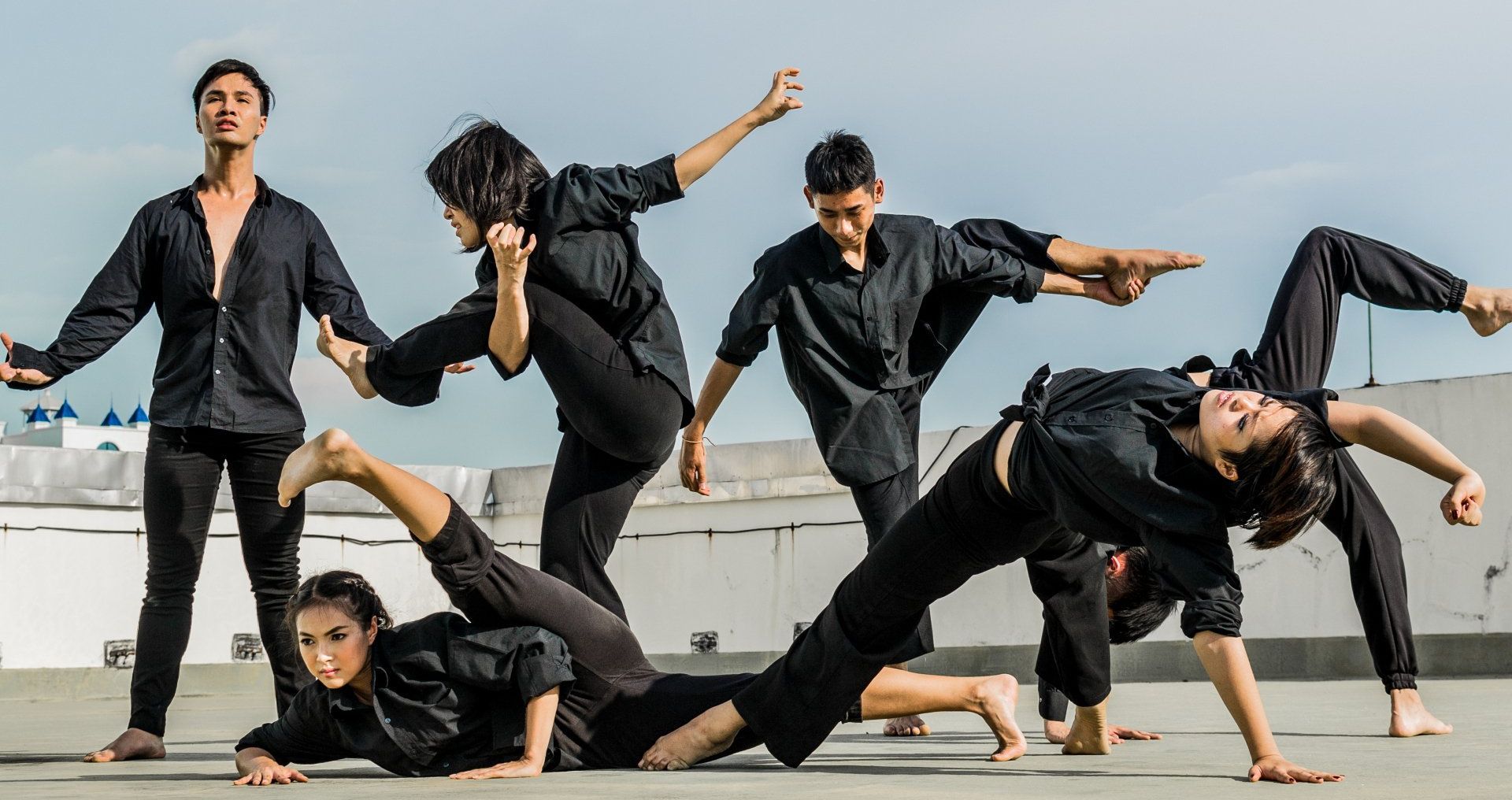
Thursday November 16
2-4 PM
Sociaal en Cultureel Planbureau
Bezuidenhoutseweg 30
2594AV Den Haag
No registration fee
Suzanne Roggeveen
Netherlands Institute for Social Research
Dr. Suzanne Roggeveen is a methods coordinator and qualitative methodologist at the Netherlands Institute for Social Research (Sociaal en Cultureel Planbureau). Previously she has been a researcher at the University of Amsterdam in the departments of Sociology and Religious Studies. She specializes in ethnography, digital research, literature and mixed methods studies. Her general research interests are diversity, religion, intersectionality, citizenship and the sociology of healthcare
Tamarinde Haven
Tilburg University
Dr. Tamarinde Haven is an Assistant Professor in qualitative methodology for the social sciences at Tilburg University. She teaches qualitative research methods for social sciences and psychology students. Previously she worked as a postdoc at the BIH QUEST Center for Responsible Research at Charité UMC in Berlin and at the Danish Center for Research on Research Policy at Aarhus, Denmark. Tamarinde has a background in psychology, philosophy and epidemiology and previously worked on a preregistration template for qualitative research.
Floryt van Wesel
Kwalimetrica
Dr. Floryt van Wesel is a research methodologist at the Inspectorate of Justice and Security (Inspectie Justitie en Veiligheid). In addition, she is a freelance methodologist, teaching qualitative and mixed methods research and consulting on a wide span of qualitative projects. Previously she worked as an assistant professor at Utrecht University. After her dissertation, she specialized in mixed methods and qualitative methodology with a particular interest in systematic review methodology for policy
Anja van der Voort
Leiden University
Dr. Anja van der Voort is an Assistant Professor in methods and statistics at Leiden University, Education and Child Studies. Anja conducts qualitative as well as quantitative research, and consults researchers on methodological challenges in both domains. In addition, she teaches in methods and statistics in the bachelor and master program. Her main fields of expertise in qualitative research are:
- Focus groups
- Online data collection
- Qualitative methodology
- Research with adolescents
We thank Djoeke Ardon for her input as a former member of the board
